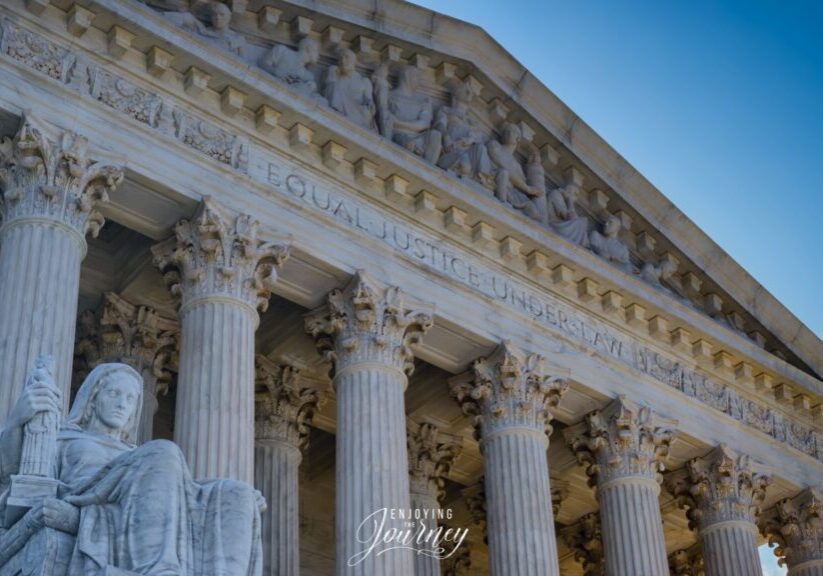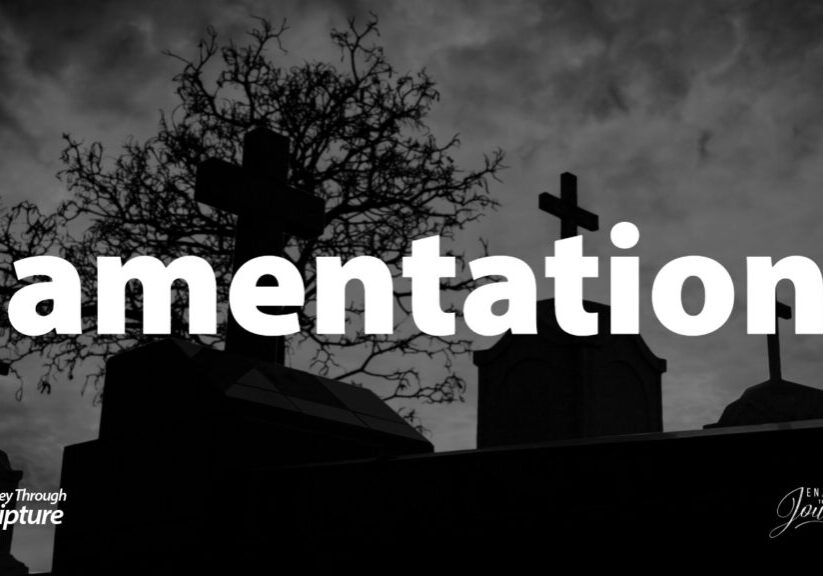
“And thou shalt remember that thou wast a bondman in the land of Egypt, and the LORD thy God redeemed thee: therefore I command thee this thing to day.” (Deuteronomy 15:15)
Listen to John Newton’s story on Traveler’s Tales:
A Snapshot of the Life of John Newton:
Born: July 24, 1725; London, England
Died: Dec. 21, 1807; London, EnglandWrote the beloved hymn, “Amazing Grace” (1779) (music unknown). This hymn was a description of his conversion. Newton’s godly mother died when he was seven. With only two years of schooling, Newton went to sea with his father at age eleven and spent the next 20 years as a sailor. While in port in 1742, at the age of 17, he fell in love with Mary Catlett, who for years continued to pray for him. He lived a profane, rough, and reckless life surviving harsh treatment as a naval deserter and as a captured slave for 15 months in Africa in 1743-44. He was nearly killed many times.
Newton’s Conversion
Newton was converted during a horrendous storm at sea in March 1748. When his ship, The Greyhound, limped into a harbor in Ireland a month later, Newton hurried to the first church he could find to publicly profess his Faith. In January 1750, while docked in England, he finally married Mary Catlett. Newton continued to command a slave ship, as his faith slowly matured over the next six years. Finally, in 1754, he left the sea and became a surveyor of tides at Liverpool, England, 1755-64. [Newton] studied Hebrew and Greek, and mingled with Nonconformists like George Whitefield and Charles Wesley.
He became a Church of England pastor serving first at Olney (1764-79), and then at St. Mary’s in Woolnoth, London (1779-1807). This church contains a plaque bearing the epitaph he wrote: “John Newton, clerk- Once an infidel and libertine A servant of slaves in Africa- Was, by the rich mercy of our Lord and Saviour JESUS CHRIST- Restored, pardoned, and appointed to preach the Gospel which he had long laboured to destroy…” Newton’s Olney Hymns, published in 1779, contained 280 of his hymns and 60 of William Cowper’s. His other well-known hymns include: “Glorious Things of Thee Are Spoken” (1799), “Safely Through Another Week,” “How Tedious and Tastes the Hours,” “He Died for Me,” “How Sweet the Name of Jesus Sounds,” and “Christ a Redeemer and Friend” and the music for “Great God of Wonders.” His favorite Bible verse was Deuteronomy 15:15. He and his wife are buried in the graveyard at St. Peter and St. Paul’s Church, Olney. – (Excerpt taken from the Reese Chronological Encyclopedia of Christian Biographies. Used by permission.)
A Spiritual Application for Our Lives:
The remarkable testimony of John Newton is well known, and we do well to study the lives of those God used in days gone by. Further, we must continually remind ourselves that the God of the past is still God today. The same Lord who rescued a slave captain from the bondage of sin and used him to encourage William Wilberforce on his mission to abolish the slave trade is our God today.
As an aged pastor, drawing from decades of wretched living and faithful service, Newton advised a hurting friend to rest in the Lord. His words carry profound truth to us today:
- He has a sovereign right to do with us as he pleases; and if we consider what we are, surely we shall confess we have no reason to complain: and to those who seek him, his sovereignty is exercised in a way of grace.
- All shall work together for good: everything is needful that he sends; nothing can be needful that he withholds.
- Be content to bear the cross; others have borne it before you.
- You have need of patience; and if you ask, the Lord will give it: but there can be no settled peace till our will is in a measure subdued.
- Hide yourself under the shadow of his wings; rely upon his care and power; look upon him as a physician who has graciously undertaken to heal your soul of the worst of sicknesses, sin. Yield to his prescriptions, and light against every thought that would represent it as desirable to be permitted to choose for yourself.
- When you cannot see your way, be satisfied that he is your leader.
- When your spirit is overwhelmed within you, he knows your path: he will not leave you to sink. He has appointed seasons of refreshment, and you shall find he does not forget you.
- Above all, keep close to the throne of grace. If we seem to get no good by attempting to draw near him, we may be sure we shall get none by keeping away from him.
When heartache and grief grip your heart, let the Word of God be your guide and comfort. Trust in the Lord this day. His way is best. He is unchanging. It is profitable to reflect on the life and testimony of John Newton because we learn that others have passed this way before us. Now, let us heed the wise counsel of Newton, and “above all keep close to the throne of grace.” Those who are near to Christ cannot but abide in His joy.
A Suggestion for Further Reading…
The Letters of John Newton – John Newton, 1976; Banner of Truth Trust
John Newton: Author of Amazing Grace – Anne Sandberg, 1996; Barbour Publishing
Amazing Grace: William Wilberforce and the Heroic Campaign to End Slavery – Eric Metaxas, 2007 (this is a great reference to understand the day in which Newton lived)
Discover more from Enjoying the Journey
Subscribe to get the latest posts sent to your email.






